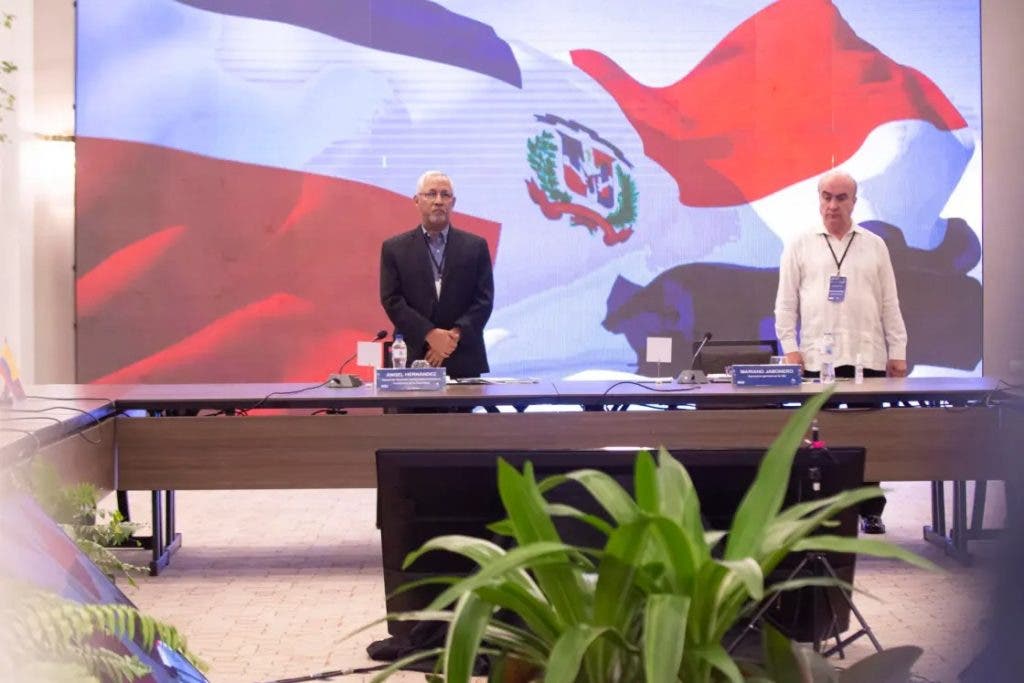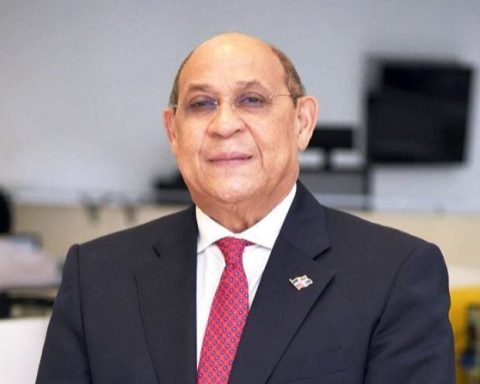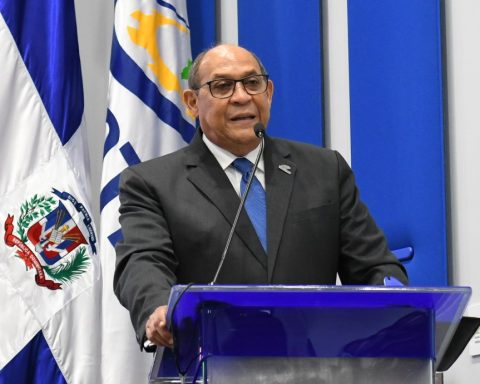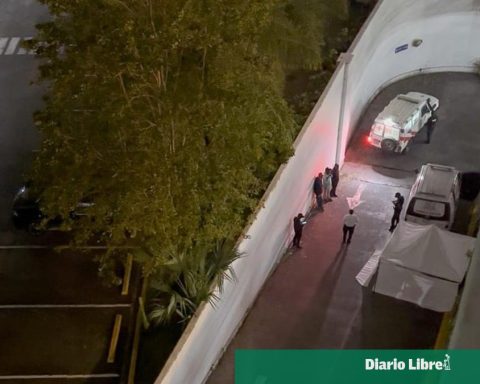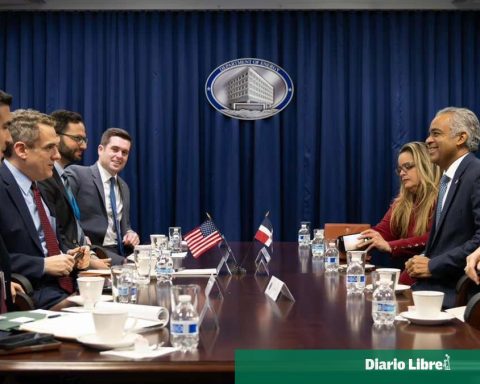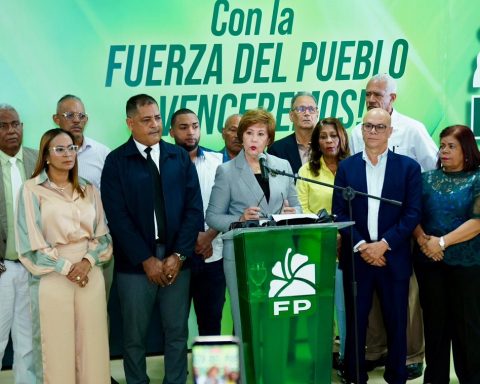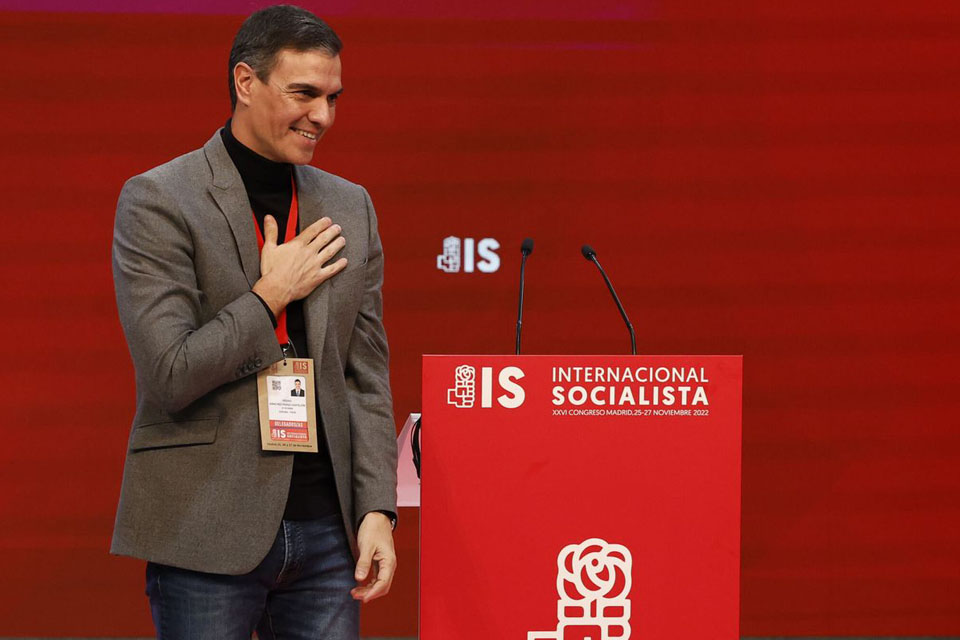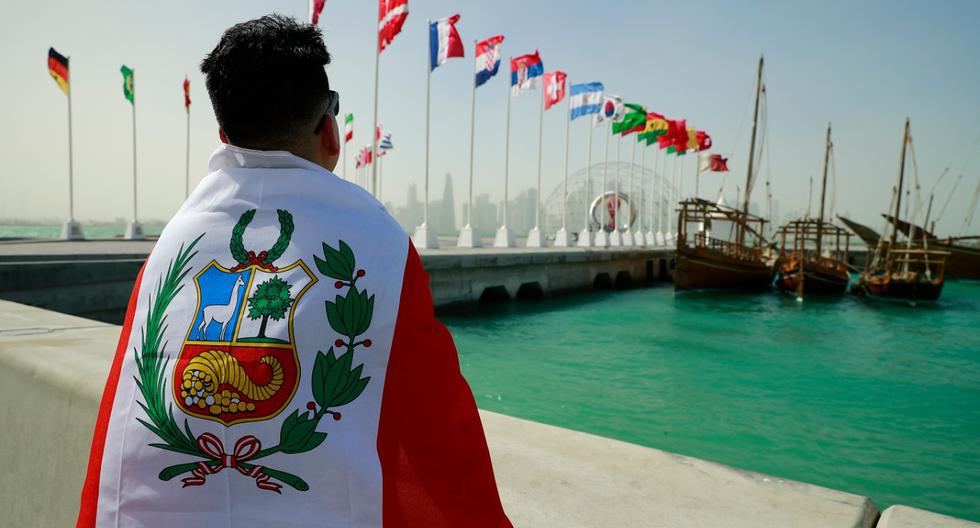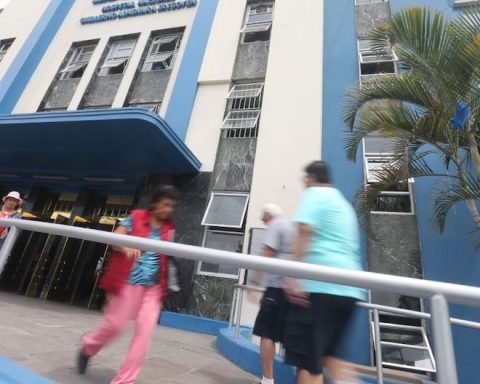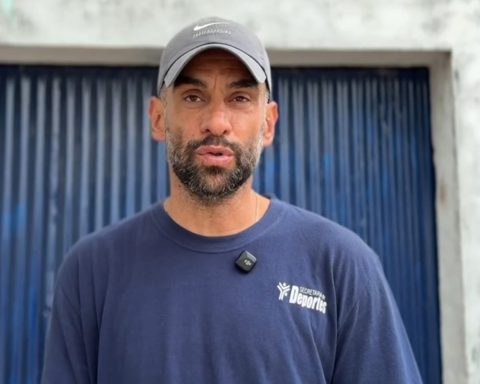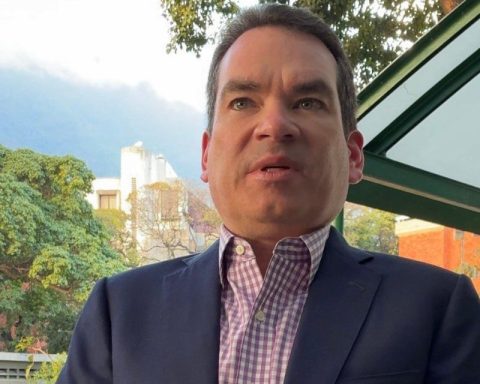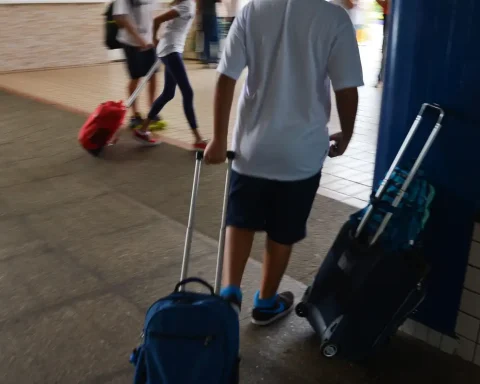Santo Domingo.- Promoting inclusion, equity and educational digitization in the region and enhancing the quality of universities are some of the objectives of the IEO for the period 2023-2026, announced this Friday its secretary general, the Spanish Mariano Soapmaker.
These will be some of the priorities of his new term after being re-elected this Friday to the position during the XIV General Assembly of the Organization of Ibero-American States for Education, Science and Culture (OEI) held in Santo Domingo before representatives of the twenty-three Member States.
In addition, this body will support scientific dissemination and the consolidation of Spanish and Portuguese as languages of science and will continue to promote policies for the development of creative and cultural industries as generators of wealth in the region, especially audiovisual production.
In a world in which more and more digital culture is consumed, the OEI will seek to place Latin America at the forefront of issues such as copyright and intellectual property, as well as increase the presence in the media and social networks of positive messages and news. on education because in the countries of the region “marvelous cultural and scientific educational initiatives and experiences are produced that deserve to be disseminated inside and outside,” said Jabonero.
You may also like: OEI begins assembly to evaluate activities and elect secretary
“Let’s work towards a transformative and innovative future. That will be my bet for the next four years, ”said Jabonero in his closing speech at the General Assembly and ratified his firm commitment to work in favor of regional integration.
During this meeting of the OEI, an institution that its secretary general described as a “regional public good”, the report for the period 2019-2022 was presented, marked by the pandemic and which led to the closure of educational centers, affecting some 180 million people. students.
During this time, 20 million people benefited from the projects of this organization, which increased its management of cooperation initiatives by 50%. In addition, according to a statement from the OEI, this institution closes the year with a positive financial balance and the largest territorial expansion in its history, with the opening of its nineteenth national office in Havana last March.
Likewise, the senior organization for cooperation in Ibero-America has published more than 900 studies and research on Ibero-American education, science and culture and has compiled more than 600 free educational resources on its new website, launched at the end of 2020.
In these four years, the OEI, adds the note, “has become a leader in social networks and has gained information space in the Ibero-American media thanks to the signing of agreements with news agencies and media groups.”
Also in these four years, the organization launched its Regional Program for Digital Transformation in Education with the collaboration of partners such as the Ibero-American Development Bank (IDB), the Spanish Agency for International Development Cooperation (AECID) or the Bank of Development of Latin America CAF, which since 2021 has begun its journey in nine countries.
With an eye also set on human rights education, as demonstrated by the four editions of the Óscar Arnulfo Romero award, the OEI has worked this four-year period to consolidate a shared space for research and mobility that supports the training of more than 33 million university students. in Latin America.
In this regard, the Universidad Iberoamérica 2030 strategy was launched in 2020, some 1,700 scholarships for higher studies were awarded and around 400 partner universities joined.
The FORCYT Program for the strengthening of science and technology systems was also implemented, with financial support from the European Union, and the Ibero-American Observatory of Science, Technology and Society was consolidated.
In the field of culture, the OEI paid special attention to programs on intellectual property, digitization of culture or promotion of creative and cultural industries.
Currently, the OEI has signed more than 2,000 agreements, has close to 4,000 collaborators and presents an average execution per year of 500 projects, of which 98% come from the Ibero-American countries and revert to themselves.
